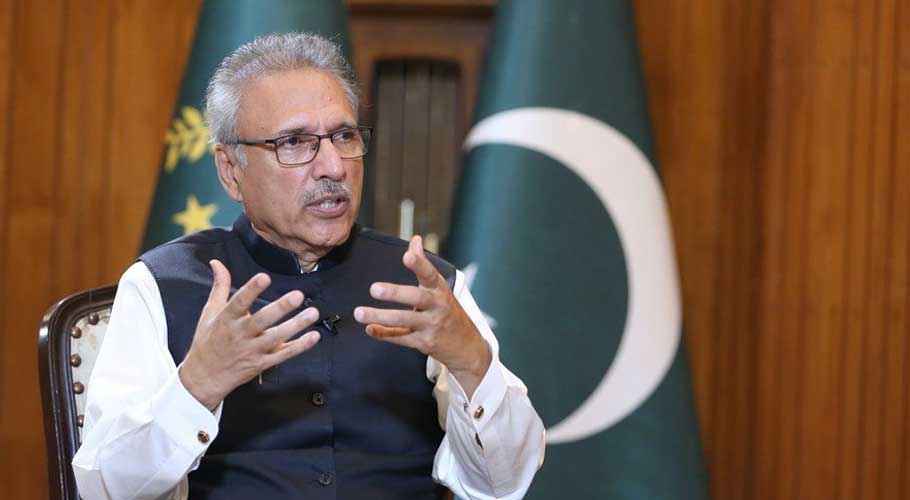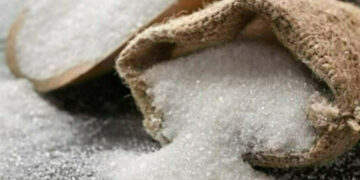ISLAMABAD: President Dr Arif Alvi on Wednesday again returned the Supreme Court (Practice and Procedure) Bill 2023 unsigned after observing that the matter was sub judice before the apex court.
The president said that it was not appropriate to proceed further on the bill as the Supreme Court was seized of the instant matter, President Secretariat Press Wing said in a press release.
It should be noted that despite the president’s refusal to sign the bill, it will become law on April 20, according to Law Minister Azam Nazeer Tarar.
The bill was passed by both the National Assembly and the Senate last month amid a standoff between the government and the judiciary over elections in Punjab and Khyber Pakhtunkhwa, after which it was sent to the president for assent.
However, President Alvi returned the bill for reconsideration to parliament, stating that it prima-facie “travels beyond the competence of parliament” and could be assailed as “colourable legislation”.
The government then got the bill passed by a joint session of parliament on April 10 despite strong protest from the Pakistan Tehreek-e-Insaf (PTI), after which it was again sent to the president to sign.
Under the Constitution, if the head of the state does not give his approval to a piece of legislation within 10 days of it being passed by a joint session of parliament, it would be deemed to have been given. This was also confirmed by Law Minister Tarar on Monday.
However, an eight-member bench of the Supreme Court, while hearing petitions challenging the bill ruled on April 13 that even if the president was to give his assent, the bill would not be acted upon in any manner till further order.
The bench was headed by Chief Justice of Pakistan (CJP) Umar Ata Bandial and comprised Justice Ijaz ul Ahsan, Justice Munib Akhtar, Justice Sayyed Mazahar Ali Akbar Naqvi, Justice Muhammad Ali Mazhar, Justice Ayesha A Malik, Justice Syed Hasan Azhar Rizvi and Justice Shahid Waheed.
In its eight-page ruling, the bench stated, “Prima facie, the contentions raised disclose that there is a substantial, immediate and direct interference with the independence of the judiciary in the form of multiple intrusions, in the guise of regulating the practice and procedure of this court and conferring upon it a jurisdiction that appears not to be permissible under any constitutional provision. Such intermeddling in the functioning of the court, even on the most tentative assessment, will commence as soon as the Bill becomes the Act.”
The SC larger bench stated that an interim measure ought to be put in place in the nature of an anticipatory injunction.





































